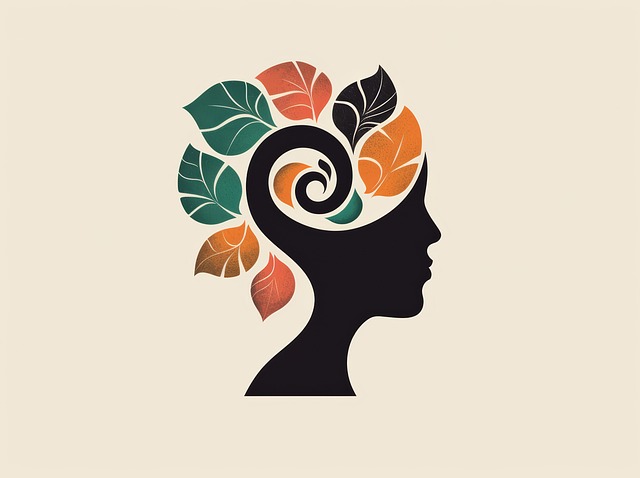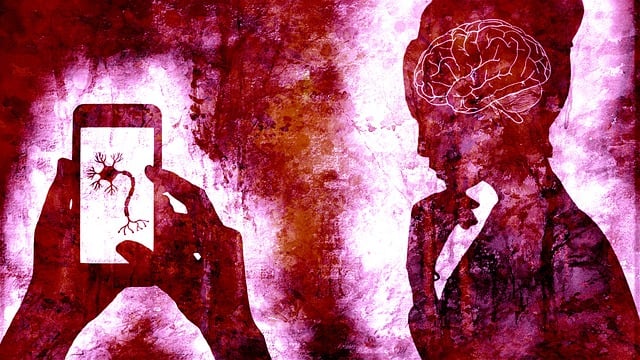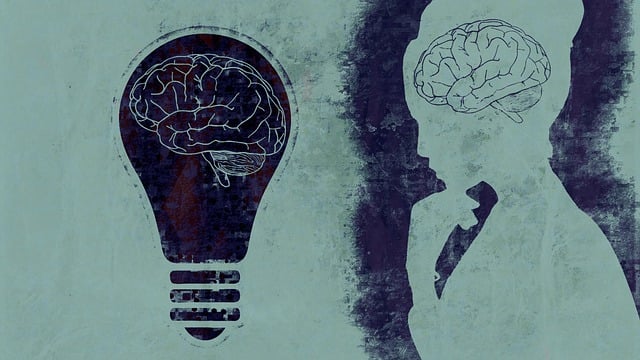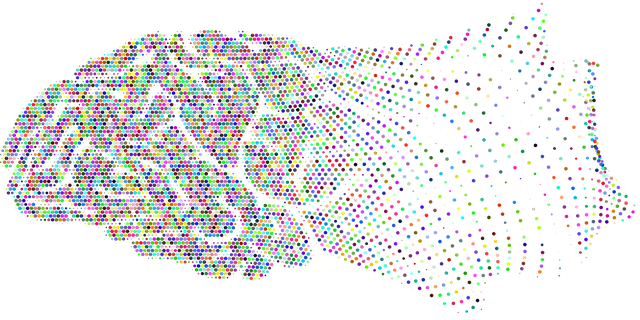In diverse societies, mental health professionals must prioritize cultural sensitivity for tailored care using Lafayette Cognitive Processing Therapy (LCPT). This involves actively listening, observing clients' narratives and community contexts, integrating self-care, social skills training, and mental wellness journaling. LCPT, by considering cultural identity, fosters trust, enhances therapeutic outcomes, and addresses broader social and cultural factors, making therapy more accessible and meaningful for all clients. Organizations should design Mental Health Education Programs tailored to diverse communities, incorporating crisis intervention guidance and stress management workshops that respect cultural identities.
Cultural sensitivity is a cornerstone of effective mental healthcare, with significant implications for therapy outcomes. In today’s diverse society, understanding cultural diversity and its impact on mental health is crucial for practitioners. This article explores these key aspects, focusing on how Lafayette Cognitive Processing Therapy (LCPT) navigates cultural considerations to improve patient care. We discuss practical strategies for culturally competent practice, emphasizing the importance of sensitivity in therapy for diverse populations.
- Understanding Cultural Diversity in Mental Health Care
- The Impact of Cultural Sensitivity on Therapy Outcomes
- Lafayette Cognitive Processing Therapy and Its Cultural Considerations
- Strategies for Culturally Competent Practice in Mental Healthcare
Understanding Cultural Diversity in Mental Health Care

In today’s diverse societies, mental healthcare professionals must be equipped to navigate a wide spectrum of cultural backgrounds and experiences. Cultural sensitivity is key to providing effective treatment, as it ensures that every client receives care tailored to their unique needs. Understanding cultural diversity goes beyond basic knowledge; it involves actively listening, observing, and learning from individuals’ personal narratives and community contexts. This nuanced approach can significantly enhance the outcomes of therapeutic interventions, such as Lafayette Cognitive Processing Therapy (LCPT), by addressing not just symptoms but also the broader social and cultural factors that influence mental health.
The integration of self-care practices, social skills training, and mental wellness journaling exercises can further support culturally sensitive care. These tools not only empower clients but also help therapists maintain their own well-being while navigating complex cultural terrains. By embracing this holistic perspective, mental healthcare providers can foster more inclusive and effective treatments that resonate with clients from all walks of life, ultimately enriching the therapeutic journey for everyone involved.
The Impact of Cultural Sensitivity on Therapy Outcomes

Incorporating cultural sensitivity into mental healthcare practice significantly enhances therapy outcomes. By understanding and respecting a client’s cultural background, Lafayette Cognitive Processing Therapy (LCPT) practitioners can create a safe and supportive environment that fosters trust and engagement. This approach encourages clients to explore their emotions and experiences more openly, leading to deeper insights and effective healing. Empathy building strategies play a crucial role in this process, allowing therapists to connect with clients on a personal level, understand their unique perspectives, and tailor treatment plans accordingly.
Cultural sensitivity also facilitates the exploration of diverse belief systems, values, and communication styles. This awareness is particularly beneficial when addressing complex issues such as trauma or cultural identity conflicts. For instance, LCPT techniques can be adapted to incorporate culturally relevant narratives and metaphors, making therapy more accessible and meaningful for clients from various backgrounds. Moreover, this sensitivity promotes the integration of mental wellness podcast series production and emotional healing processes that resonate with different cultures, ensuring comprehensive care tailored to individual needs.
Lafayette Cognitive Processing Therapy and Its Cultural Considerations

Lafayette Cognitive Processing Therapy (LCPT) is a therapeutic approach that recognizes the profound impact of cultural background on an individual’s mental health and well-being. This therapy is designed to address the unique challenges faced by diverse populations, offering tailored guidance for effective healing. By incorporating cultural sensitivity, LCPT aims to provide a safe and inclusive space where clients can explore their thoughts and emotions without fear of judgment or stereotyping.
In practice, this means therapists trained in LCPT consider an individual’s cultural identity when developing treatment plans. For example, it may involve integrating specific cultural practices or beliefs into therapy sessions, such as incorporating traditional healing methods or encouraging mental wellness journaling exercises that resonate with the client’s background. This approach not only enhances the therapeutic process but also ensures that Stress Management and Trauma Support Services are delivered in a culturally competent manner, fostering stronger connections between therapists and clients from diverse communities.
Strategies for Culturally Competent Practice in Mental Healthcare

Incorporating cultural sensitivity into mental healthcare practice is vital for effective treatment and building trust with diverse patient populations. Healthcare providers can enhance their culturally competent approach by engaging in continuous learning about various cultures, their beliefs, and practices related to mental health. This includes understanding the impact of cultural factors on symptoms, communication styles, and treatment preferences. For instance, Lafayette Cognitive Processing Therapy (LCPT) offers a framework that respects cultural contexts while helping individuals process traumatic experiences. By adapting therapeutic techniques to align with cultural norms, therapists can foster safe spaces for patients to express themselves honestly.
Additionally, organizations should design Mental Health Education Programs that cater to diverse communities, providing Crisis Intervention Guidance tailored to specific cultural needs. Stress Management Workshops organized with a cultural lens can empower individuals to cope with stressors while respecting their cultural identities. These strategies not only improve patient outcomes but also contribute to creating inclusive healthcare environments where every individual feels heard and understood, ultimately enhancing the accessibility and effectiveness of mental healthcare services.
Cultural sensitivity is a cornerstone of effective mental healthcare, ensuring positive therapy outcomes. By understanding cultural diversity and implementing culturally competent practices, such as those highlighted by Lafayette Cognitive Processing Therapy, professionals can create inclusive environments that respect and honor clients’ backgrounds. Integrating these strategies not only enhances the accessibility of mental health services but also fosters meaningful connections between therapists and individuals from various cultural contexts, ultimately improving overall well-being.














